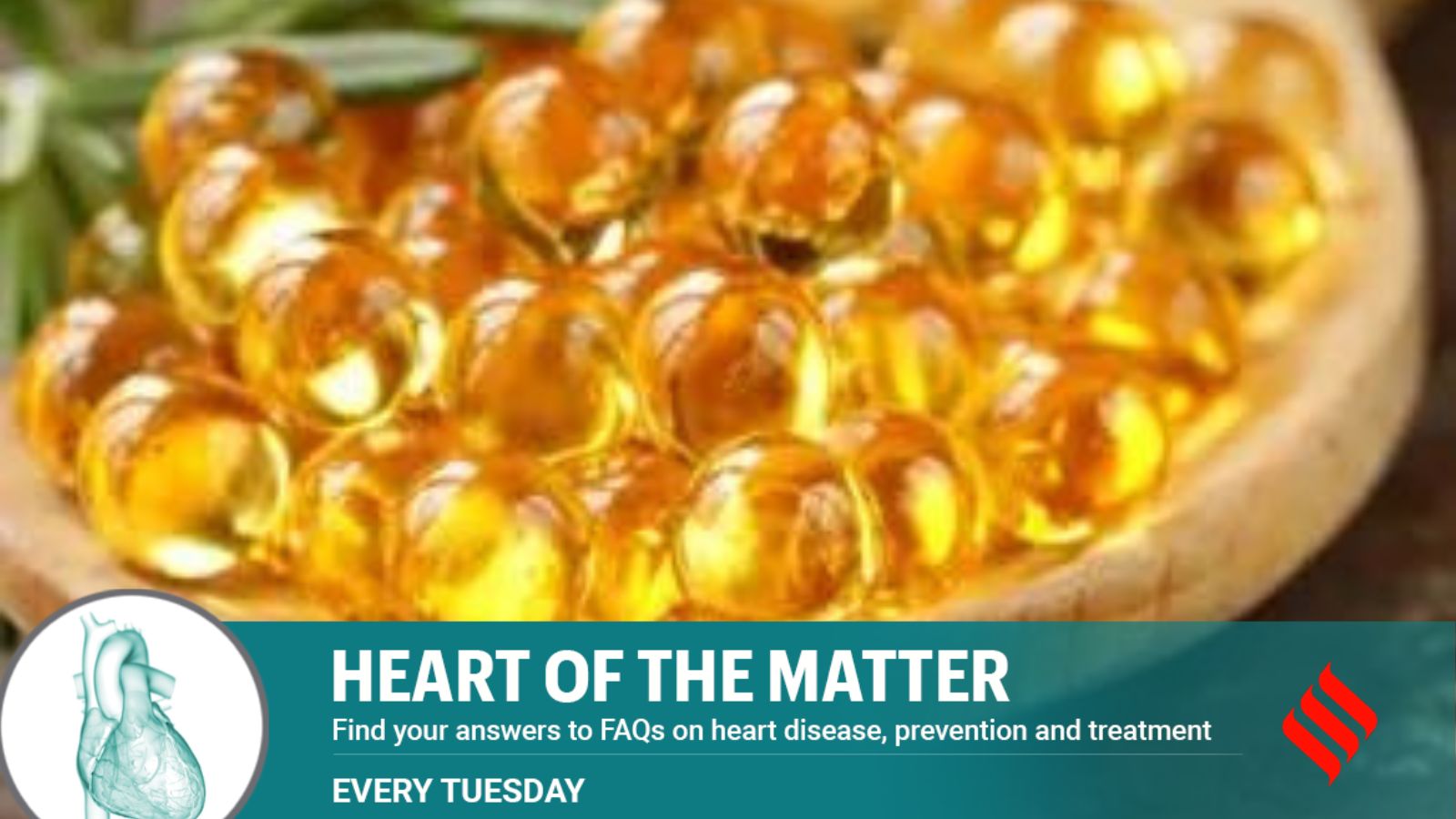Fitness
Can fish oil supplements raise the risk of first-time heart attack and stroke? Here’s understanding a new study

Are you one of those who are picking up fish oil pills over the counter, thinking these will reduce your cholesterol from going up and protect your heart health? Then you need to stop right now because fish oil supplements are to be taken only on the advice of your cardiologist when you have a specific health condition that warrants its use. Unrestricted, unsupervised use may have negative health effects. So treat them like medicine and not another wellness ritual.
Let me explain why and take you through the latest research, which corroborates similar findings in earlier studies as well. Researchers from China have found that taking fish oil supplements, which are a source of Omega 3 fatty acids, might actually increase the risk of heart attack and stroke among people who have good cardiovascular health, have had no heart attack, but use them to prevent one. However, the supplements helped only those with pre-existing cardiovascular conditions.
What does the study say
The study, published in the journal BMJ Medicine, is significant because it spans data from 4,15,737 people in the UK Biobank, about a third of whom took fish oil supplements. Test subjects, who had no known heart disease but regularly took fish oil supplements, had a 13 per cent higher risk of developing atrial fibrillation or irregular heartbeats, also known as arrhythmia, which can trigger blood clots, strokes, and even heart failure.
In fact, researchers found that the test participants had a five per cent higher risk of having a stroke than those who had good heart health but didn’t use fish oil. The risk of transitioning from good health to heart attack, stroke, or heart failure was six per cent higher among women who took fish oil. Non-smokers also reported a six per cent higher risk.
But for those with a pre-existing heart condition, fish oil supplements lowered the risk of arrhythmia triggering a heart attack by 15 per cent. They also lowered the risk of progressing from heart failure to death by nine per cent. That’s because fish oils are anti-inflammatory and antioxidant-rich, properties that help in reducing inflammation in blood vessels and stabilising their walls.
Why can fish oil pills go wrong in normal people?
That’s because fish oil supplements have to be administered in the right dose and only in specific medical conditions. They can help lower triglycerides in people with very high triglycerides (over 500 mg/dL). The dosage for that is 2 grams/day. A higher dose can, as multiple clinical trials earlier have shown, increase the risk of atrial fibrillation.
Also, that fish oil supplement pill sitting on the counter may make a tall claim of “protecting your heart health” on the label but may not have the desired concentration. Talk to your doctor before popping the pill about dosage and if you should go for the medically prepared pills over the commercial ones.

There is some scientific evidence suggesting that taking the unregulated dosage of Omega-3 fatty acids increases blood sugar among diabetics because it stimulates glucose production. Excess fish oil supplements can lead to bleeding gums and nosebleeds. And since it can lower blood pressure (BP), it could work on those with high BP but adversely impact those with normal or low BP. Fish oil supplements may also interact with blood pressure-lowering medications that you might be taking.
How else can one protect heart health?
It may sound a cliché but follow the routine of a balanced diet without saturated fats, sugars, and processed foods, a moderate exercise regime of 150 minutes per week, and sleep. Get a heart screening done regularly after you turn 25, get your bloodwork done and in case of cholesterol, take statins, and control your BP with medication. In people with type 2 diabetes, both classes of drugs — SGLT2 inhibitors and GLP1 receptor agonists — can help prevent cardiovascular events while controlling blood sugar and body fat.
© The Indian Express Pvt Ltd
First uploaded on: 28-05-2024 at 07:28 IST











